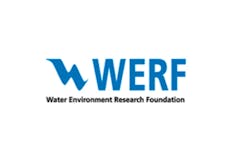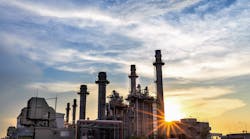The Water Environment Research Foundation is launching new studies that seek to advance energy research. The first project, WaterWatts: A Modern Look at Wastewater Power-Metering Data (ENER15C15), was awarded to Brown and Caldwell. As utilities strive to become more energy efficient, it is important to understand the electric power required by processes, particularly those involving aeration, WERF says. Most studies to date have not used disaggregated power data to calculate energy intensity, instead relying on whole plant (black-box) estimates or modeled results. The main objective of this study is to evaluate disaggregated power-metering data from over 40 water resource recovery facilities.
The second project, Energy Recovery from Thermal Oxidation of Water Solids – State of the Science Review (ENER13T14), will be conducted by Black and Veatch. This research will examine the energy potential from the thermal oxidation of biosolids and other residuals by documenting the effectiveness of energy or heat recovery from up-to-date thermal oxidation units with combined heat and power. The research team will determine the potential for renewable energy recovery from thermal oxidation of wastewater residuals at water resource recovery facilities practicing incineration nationwide and compare the triple bottom line value of energy recovered from biosolids by thermal oxidation to the same units of energy obtained from coal.
READ ALSO: 3 New Water Projects to Spur Innovation in Water Quality Sector
The final project, Controlled Laboratory Investigation of Siloxane Adsorption Media and Variables Impacting Performance (LIFT7T14), will evaluate the performance of four types of solid sorbents commonly used to remove siloxanes from digester gas. The results of this research performed by Virginia Tech will provide information that can be used to more reliably and cost effectively design, install, and operate energy recovery processes at water resource recovery facilities that use biogas as a renewable energy resource.


